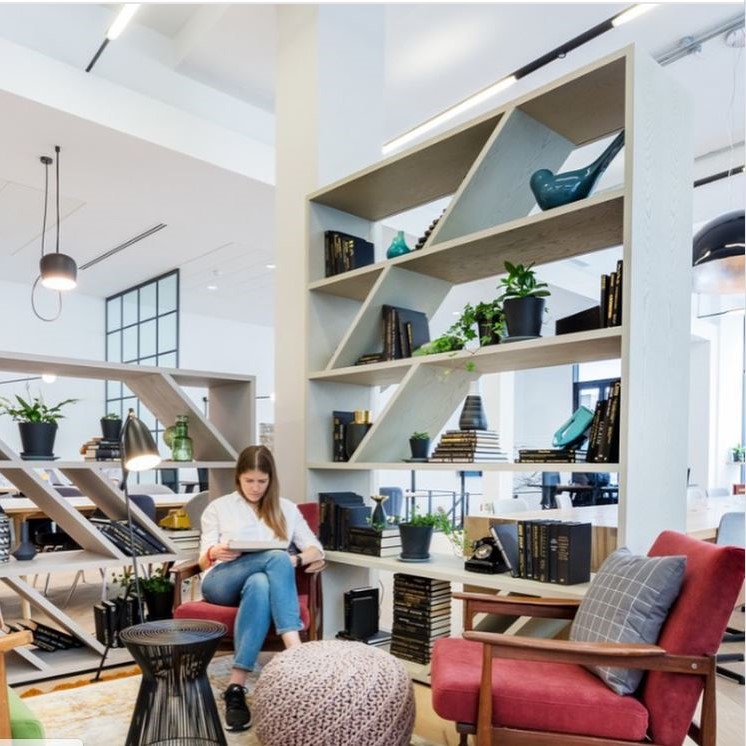January 5, 2024
Get Workplace Insight weekly and free magazines straight to your inbox
 Get the best of the previous week’s news, features and commentary from Workplace Insight direct to your inbox by subscribing at the link below. In this week’s newsletter: news on the growth in the flexible working market, the impact of AI on middle class jobs, and how the final stage of your career might be one of disillusionment. There’s commentary on the most popular workplace stories from the past year and how tech is stealing your time. And we ask what ever happened to the Great Resignation. Plus links to the new issue of IN Magazine and the latest episodes of the Workplace Geeks and Workplace Cocktail Hour podcasts. (more…)
Get the best of the previous week’s news, features and commentary from Workplace Insight direct to your inbox by subscribing at the link below. In this week’s newsletter: news on the growth in the flexible working market, the impact of AI on middle class jobs, and how the final stage of your career might be one of disillusionment. There’s commentary on the most popular workplace stories from the past year and how tech is stealing your time. And we ask what ever happened to the Great Resignation. Plus links to the new issue of IN Magazine and the latest episodes of the Workplace Geeks and Workplace Cocktail Hour podcasts. (more…)






































